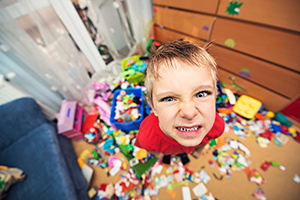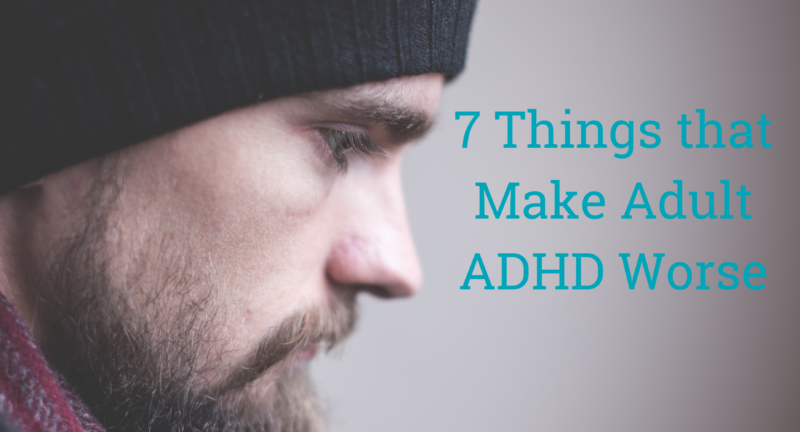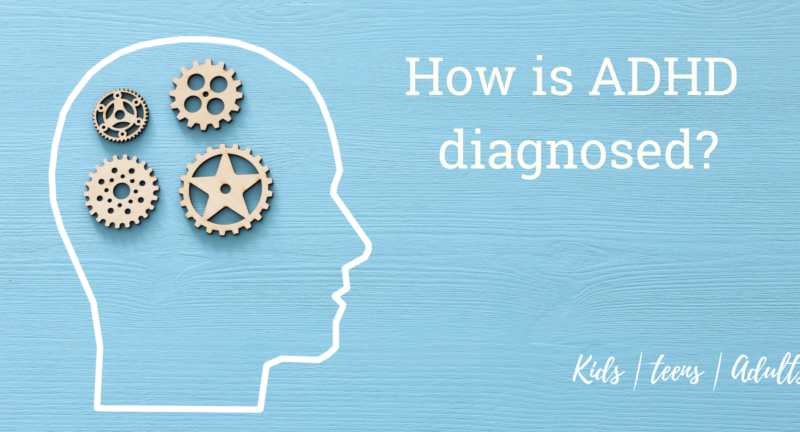
Is My Child Too Young for ADHD Treatment?
If your child has debilitating inattention or hyperactivity, you might wonder if your child has ADHD. This leads to another question: “Is my child too young for ADHD treatment?”
No matter how old your child is, when symptoms of ADHD appear, treatment with either therapy or medication should be considered if a child is experiencing impairment, or lack of success, in either the home or the school environment. The goal of ADHD treatment is to help children be successful at both home and school — and prevent significant negative outcomes that often occur when ADHD is left untreated.
In this article, we’ll answer your questions including:
- Does your child demonstrate ADHD symptoms?
- What age is ADHD treated?
- Are there consequences of delaying treatment?
What Age Can a Child Be Diagnosed with ADHD?
According to the American Academy of Pediatrics, children aged 4-18 can be diagnosed with ADHD. Earlier guidelines stipulated that only children 6+ could be diagnosed, but newer guidelines now include preschoolers. You can read more about the AAP’s guidelines here.
Behavior therapy is the first type of treatment the AAP recommends for 4-year-olds. Other lifestyle modifications for younger children may include:
- Eating a nutrient-dense meals
- Getting regular exercise
- Establishing and keeping a bedtime routine
- Establishing routines and schedules throughout the day
Does Your Child Have Symptoms of ADHD?
Younger children, especially preschoolers, tend to be more hyper. They also have shorter attention spans in general. However, if hyperactivity and inattention are preventing your child from thriving, it’s worth considering an ADHD evaluation.
Many children with ADHD start to demonstrate more symptoms during elementary school when sitting for prolonged periods makes things like inattention and fidgeting more noticeable.
Is your child living with ADHD? Take this quiz to learn more:
This quiz does not constitute medical advice or a diagnosis. An accurate diagnosis can only be made through a clinical evaluation. Regardless of the questionnaire results, if you have concerns about diagnosis and treatment of Childhood ADHD, please discuss your concerns with your physician.
What Are the Consequences of Delaying ADHD Treatment?
Many people think ADHD is a condition that simply causes school children to have trouble paying attention or have difficulty staying in their classroom seats. But in reality, ADHD impacts every aspect of an ADHD child’s lives all the way into adulthood. Failure to assist children with developing skills to help them cope with ADHD can have a profoundly negative impact on their lives well beyond school.
Unfortunately, ADHD does not just impact children. When ADHD is left untreated many children grow into adults who still struggle to plan effectively, make impulsive decisions, fail to consider the consequences of their decisions, are more prone to accidental injury including motor vehicle accidents, and often fail to follow through on projects and reach goals.
Research has repeatedly demonstrated that after living with untreated ADHD, adolescents and adults are more likely to both abuse and become addicted to alcohol and drugs, more likely to have early (and often unprotected) sex, and more likely to be expelled from school. People with ADHD often struggle become productive members of society, often find it difficult to keep a job, stay married, parent consistently and some have difficulty staying out of jail.

Children with ADHD have many unsung strengths that are often unable to fully develop without treatment that helps them develop routines, adaptive skills, motivation and problem-solving skills. Their creativity, ingenuity and intellect is often stifled by the demands of today’s school system and lack of adequate one-on-one attention. With proper treatment, these children can reach their potential and become successful in any career they desire, from financial consultant to engineer to corporate executive.
We know that ADHD as well other psychiatric conditions are treated more easily in childhood. Through specialized treatment, children with ADHD can begin to develop life skills, learn to control their impulsive behavior, experience improved relationships with their peers, parents and siblings, and can become much more successful in life overall.
Many parents are very hopeful that no matter what experiences and issues children have that they will still be able to grow into successful adults and grow out of their behavior or ADHD “problems”. Many kids are able to have some degree of success without treatment and thankfully many kids are resilient enough, bright enough or just plain lucky enough to be able to avoid the more extreme negative consequences of inadequate treatment. But children can be much more successful how more successful if they are given tools at a very young age to be able to learn to harness the amazing potential within the ADHD brain.
Resources for Parents
The first step in any treatment program is education — learning as much as you can about ADHD. Below, we’ve curated a list of articles and courses to help you learn more about ADHD as well as strategies for helping your child thrive.
Other Articles
- 5 Signs ADHD Is Impacting Your Child’s School
- 5 Art-Based Activities to Keep Hyperactive Kids Busy
- 7 Tips for Creating a Homework Station for Your Child with ADHD + Printable Homeschool Schedules
- Top 5 Calming Apps for Children (And What to Use as an Alternative)
- Five Ways to Improve Emotional Regulation
- 8 Tips to Help Your Child with ADHD Thrive with E-Learning
- 9 Parenting Tips to Survive and Maybe Even Enjoy Social Isolation With Your Children
- What Is Growth Mindset?
Courses
- [free] ADHD 101: Video Series for Parents
- Childhood ADHD e-Course: What Every Parent Needs To Know
- [free] 10 Strengths of ADHD
Take Your Next Steps
At Next Step 4 ADHD, we have board-certified physicians and doctorate-level psychologists who specialize in diagnosing and treating ADHD.
Call us at 502-907-5908 or use this form to book an appointment with one of our specialized physicians or therapists.
If you don’t get help from us, seek help from someone with significant experience and expertise in treating ADHD.
But children can be much more successful if they are given tools at a very young age to be able to learn to harness the amazing potential within the ADHD brain.
Related Posts
7 Things that Make Adult ADHD Worse
Your lifestyle habits have a profound influence on your physical and mental...
How Is ADHD Diagnosed?
If you or your child is struggling with inattention, lack of focus, or...


